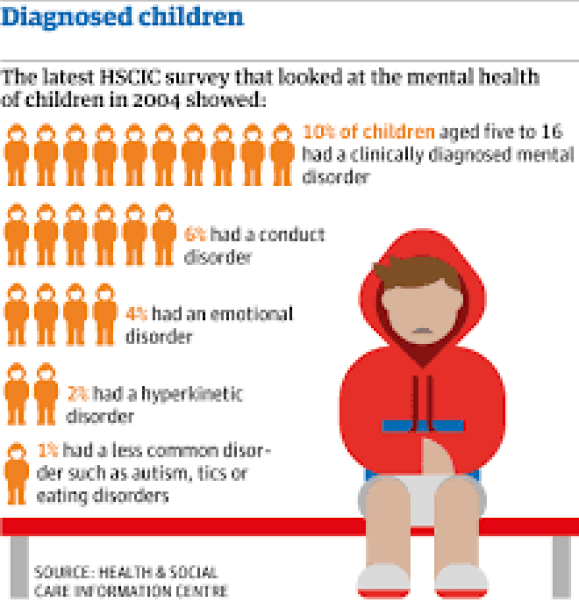Hypertension, commonly known as high blood pressure, is a condition where the force of blood against the walls of the arteries is consistently too high. This can lead to serious health complications such as heart disease, stroke, and kidney failure.
Causes of Hypertension
There are several factors that can contribute to the development of hypertension, including:
Family history of high blood pressure
Unhealthy lifestyle choices such as a poor diet and lack of exercise
Smoking and excessive alcohol consumption
Chronic stress
Medical conditions such as diabetes and kidney disease
Symptoms of Hypertension
Often referred to as the “silent killer,” hypertension typically does not present any noticeable symptoms until it reaches a severe level. However, some common symptoms may include:
Headaches
Shortness of breath
Dizziness
Chest pain
Visual changes
Diagnosis and Treatment
Diagnosing hypertension usually involves multiple blood pressure readings taken over a period of time. Once diagnosed, treatment may include lifestyle changes such as:
Adopting a healthy diet low in sodium and saturated fats
Incorporating regular exercise into your routine
Quitting smoking and reducing alcohol consumption
Managing stress through relaxation techniques
In some cases, medication may be prescribed to help lower blood pressure. It is important to work closely with your healthcare provider to manage hypertension effectively and avoid complications.
Prevention of Hypertension
While some risk factors for hypertension cannot be controlled, there are still steps you can take to lower your risk, including:
Maintaining a healthy weight
Eating a balanced diet rich in fruits, vegetables, and whole grains
Engaging in regular physical activity
Limiting salt intake
Reducing stress through relaxation techniques
Avoiding smoking and excessive alcohol consumption
Conclusion
Hypertension is a common and serious health condition that requires ongoing management to prevent complications. By understanding the causes, symptoms, diagnosis, and treatment options for hypertension, you can take proactive steps to lower your risk and maintain optimal health.


